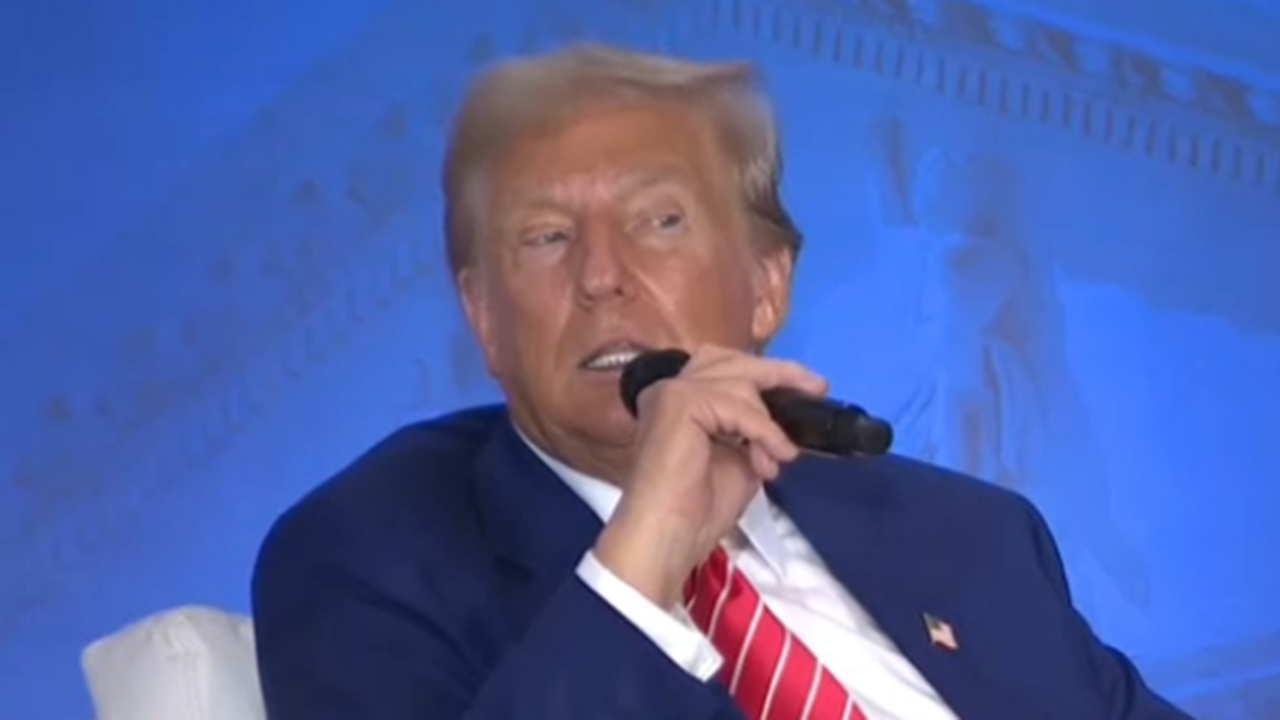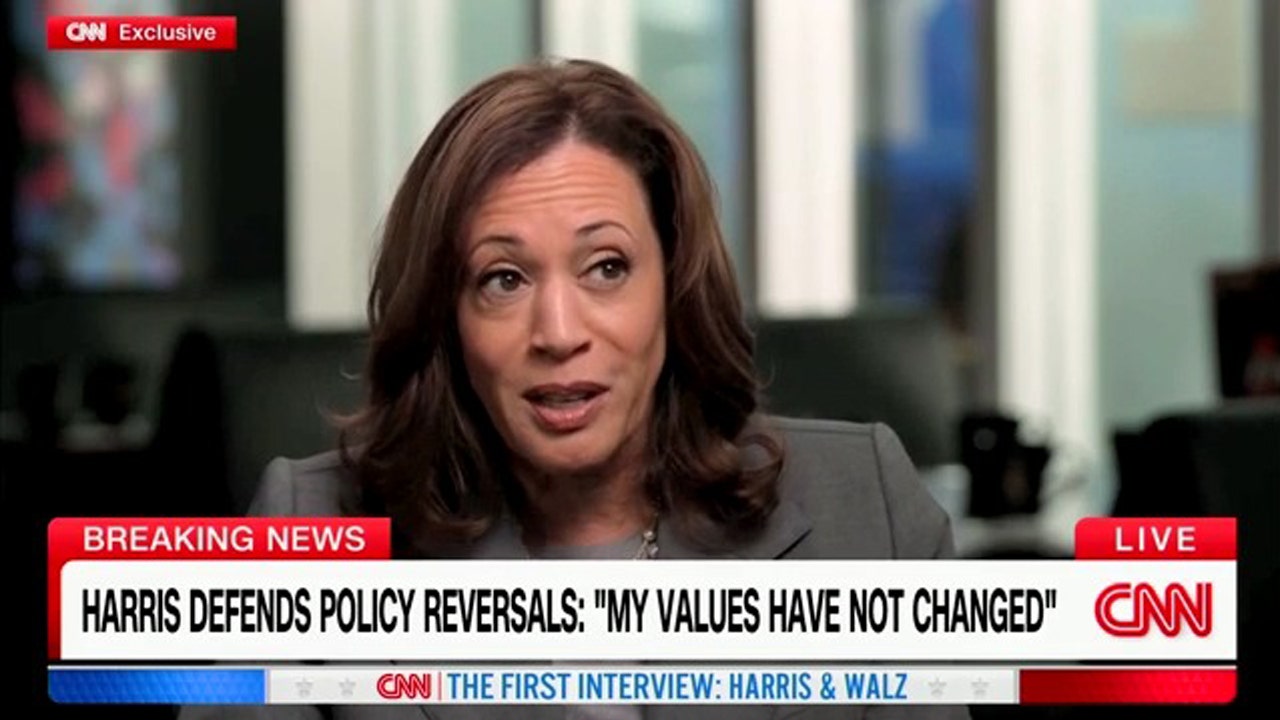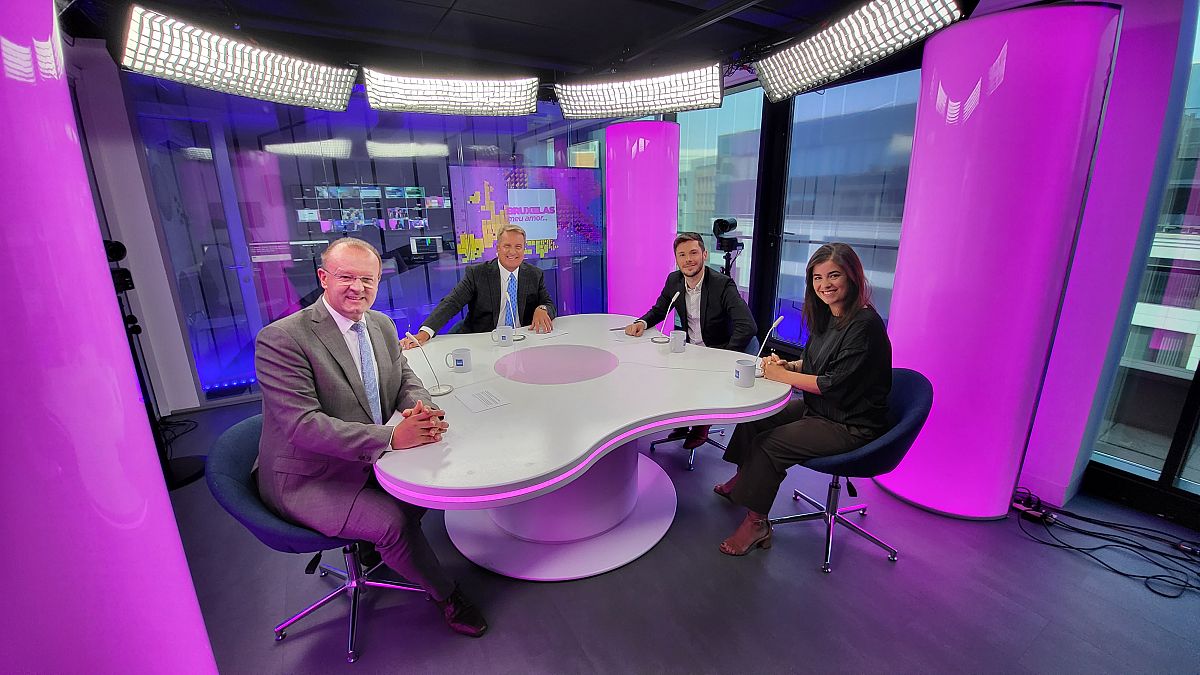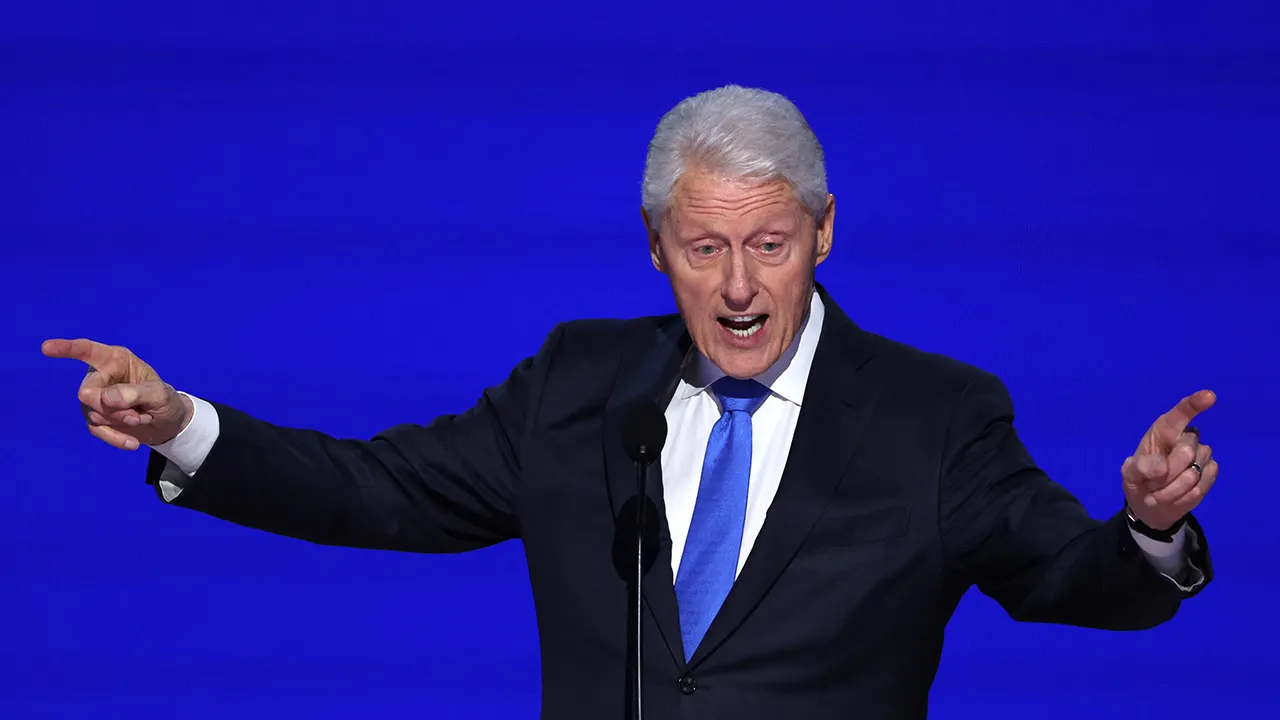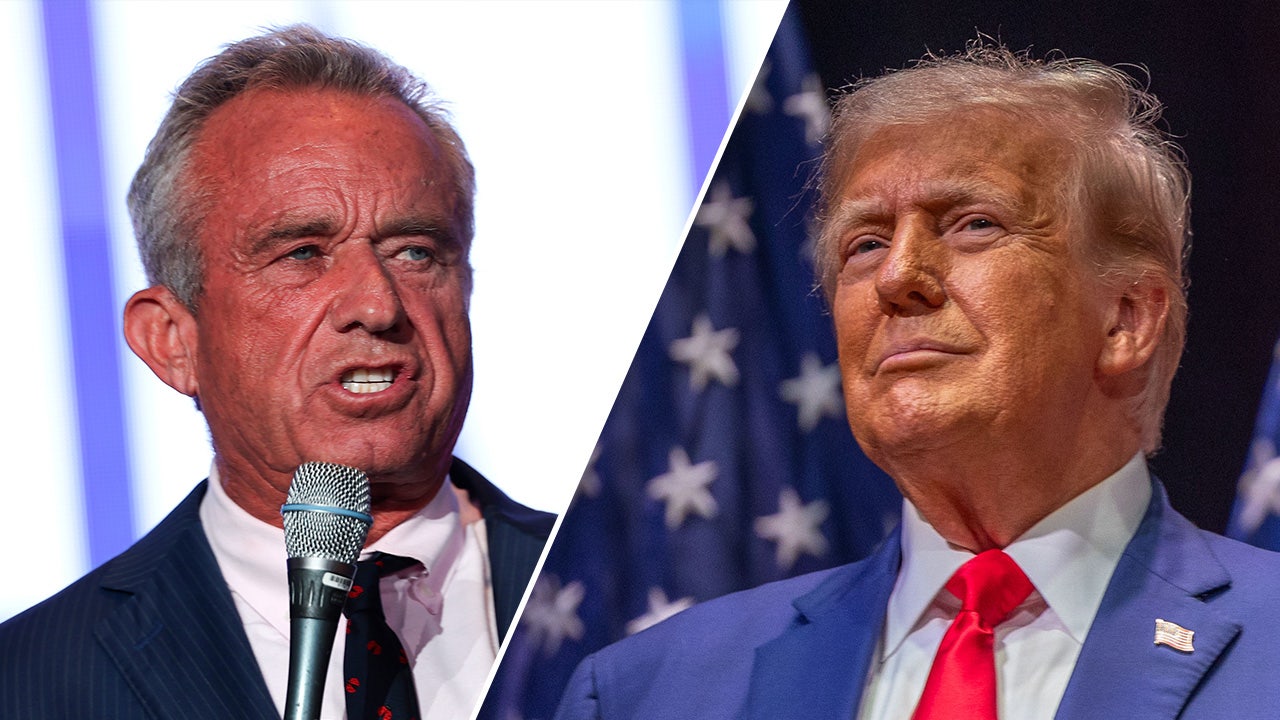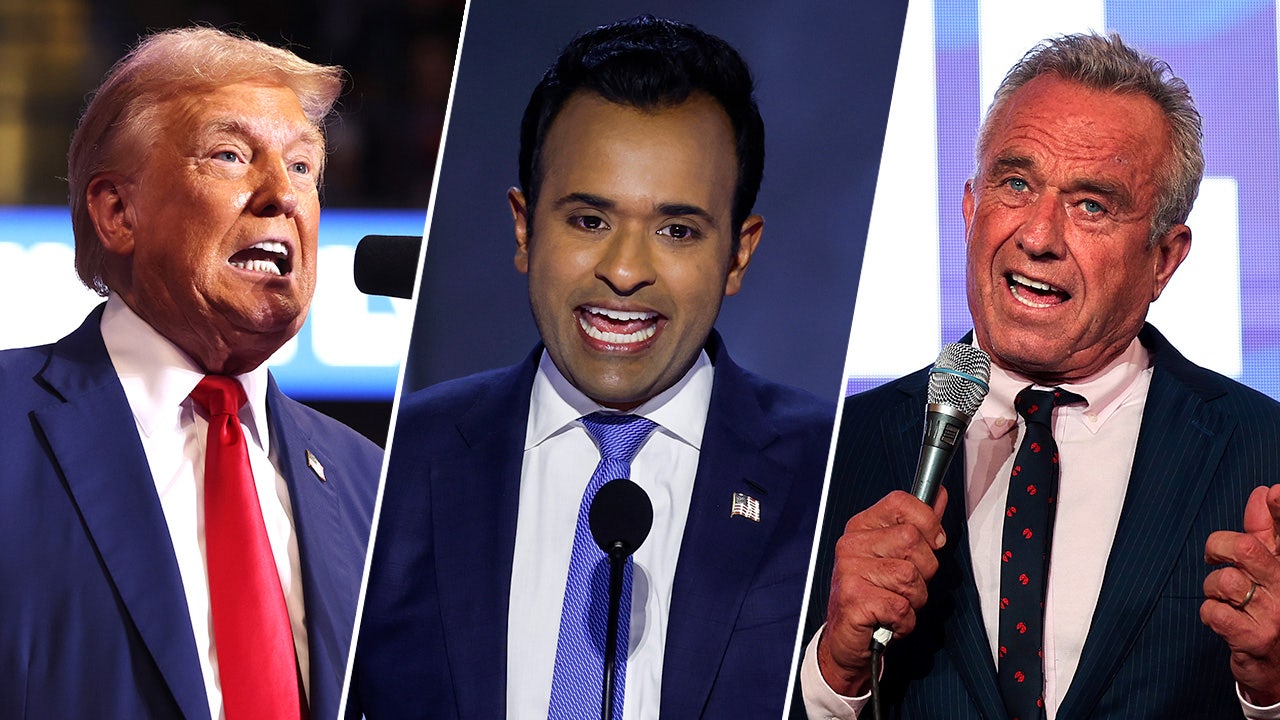Germany’s budget crisis could affect plans to hand out billions of euros in government subsidies to chip companies, potentially stymying its hopes of playing a significant role in the global semiconductor industry.
The German government has promised vast amounts of state support to international chipmakers investing in Europe’s largest economy. Intel, which is spending €30bn ($32.5bn) on two new factories in the eastern town of Magdeburg, is to receive €9.9bn in grants for its project, the largest foreign investment in the country’s postwar history.
But doubts about state support have grown ever since a bombshell judgment by the German constitutional court last month which has plunged the government’s spending plans for 2024 into disarray.
Politicians, industry experts and business leaders fear the semiconductor projects might fall victim to the budget imbroglio, an outcome they warn could inflict huge damage on Germany’s reputation.
“It would be an utter disaster for the image of Germany as a place to invest, because it would show that you just can’t rely on this country any more,” said Sven Schulze, economy minister of the eastern state of Saxony-Anhalt, where Intel is to build its fabrication plant.
“It would be a devastating blow, one we haven’t really seen before in our postwar history,” he told the Financial Times.
The crisis was ignited when Germany’s top court ruled that the government had violated the constitution by moving €60bn in credit lines earmarked for dealing with the Covid-19 pandemic into the “climate and transformation fund” — an off-budget vehicle it has been using to finance Germany’s industrial modernisation.
The subsidies for Intel and other chipmakers such as Taiwan-based TSMC were all supposed to come from the climate fund. The ruling sowed alarm among companies — not just the chipmakers but also other big groups that were due to receive grants, such as steelmakers who are investing vast sums to switch to carbon-neutral production.
The crisis strikes at the heart of one of Germany’s most important policies — its plan to become a big chip producer. That in turn forms part of a broader EU strategy to strengthen supply chains, enhance economic resilience and reduce the bloc’s dependency on Taiwanese suppliers — a potential vulnerability in the event of a confrontation between China and Taiwan.
Intel is not the only big investor Germany has attracted. TSMC, the world’s biggest contract chipmaker, has said it would invest €10bn in a new factory in the eastern city of Dresden, together with Dutch semiconductor maker NXP and Germany’s Bosch and Infineon. This fab has been promised €5bn in subsidies.
Meanwhile, Infineon is building a €5bn plant, also in Dresden, Bosch is investing €250mn to expand its Dresden cleanroom and US chipmaker GlobalFoundries is in the fourth year of an expansion of its wafer manufacturing capacity in the city. All three are banking on generous state support.
German Chancellor Olaf Scholz told a conference last month that he “absolutely wants” the chip factories to go ahead as planned. “It’s an important signal for the future, for all of us, that semiconductors are produced in Europe, especially in Germany, and particularly in eastern Germany,” Scholz said.
Schulze, who is a member of the opposition Christian Democrats, said he hoped Scholz was serious. “I’m not worried about the Intel investment because the chancellor has given a personal assurance it will proceed,” he said. “And if you can’t trust his word then you might as well give up on this government.”
But Robert Habeck, deputy chancellor and economy minister, told an event last week that the government might be forced to curb its ambitions when it came to subsidies, “deprioritising . . . one or the other project that doesn’t meet the strictest definition of carbon neutrality and economic security”.
Scholz, Habeck and finance minister Christian Lindner are holding crisis talks on how to resolve the budget impasse and cobble together a revised spending plan for 2024, with Habeck calling off a planned trip to the UN climate summit in Dubai to focus on the issue.

Intel and TSMC declined to comment on whether they feared their promised subsidies were at risk.
But people briefed on TSMC’s communications with Berlin said that if the German government reduces its subsidy commitment, the company may have to renegotiate the terms of its Dresden fab, including with its German joint-venture partners.
“Worst case is that if it turns out nine months from now that there will be no subsidies, we will have to cancel the project,” said one person.
Other companies have publicly expressed their concern about the effects of the court’s verdict. German automotive supplier ZF, which is building a chip factory in the western region of Saarland with US group Wolfspeed, said it was worried about the consequences for Germany as a place to do business.
“It’s a question of whether important industrial transformation projects can get off the ground in Germany or whether the future happens in other parts of the world,” ZF said.
Lindner has tried to dispel investors’ fears. “Agreements we’ve reached which are legally binding will be honoured,” he said in an interview with media outlet The Pioneer on Monday.
An example is the €564mn subsidy for Northvolt, the Swedish technology group building a battery factory in northern Germany. Habeck’s economy ministry announced on Sunday that it had won an exemption from the spending freeze imposed on the climate fund which would allow for the Northvolt subsidy to be paid.
But many of the agreed subsidies are not as far along as Northvolt’s. Of the 31 microelectronic projects given a green light by the European Commission last June under state aid rules, only 15 have received a formal promise of funding. Industry insiders say the rest risk being deprived of any government support.
“Anyone you speak to in the chip industry who has a project in Germany and has yet to receive a legally binding contract from the government is scratching their heads,” said one executive with knowledge of the subsidy issue.
Another executive at a chipmaker was more forthright. “Germany is not just the sick man of Europe — it turns out it’s also the dumb man of Europe,” he said. “This is a total fiasco.”
Additional reporting by Kathrin Hille and Richard Milne


















